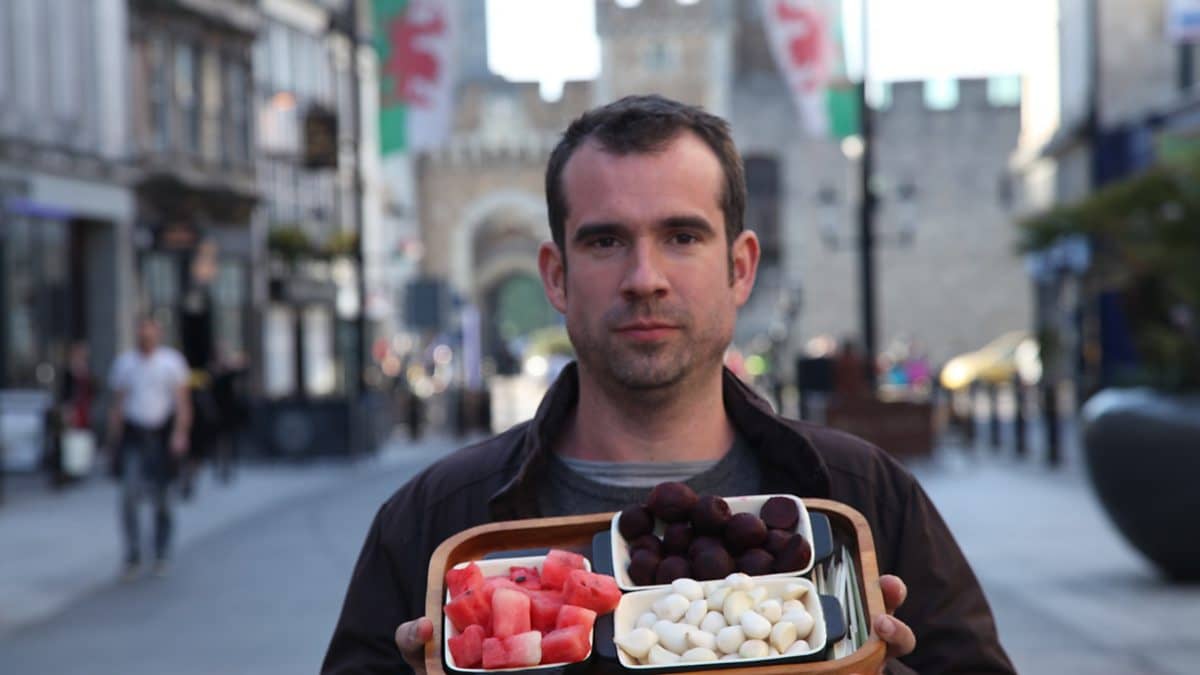
BBC Two – Trust Me, I'm a Doctor, Series 2, Episode 2 – The big blood pressure experiment – BBC
Dr Chris van Tulleken sets out to test the health claim made for three foods – beetroot, garlic and watermelon. It’s said they can all reduce our blood pressure but what’s the truth? High blood pressure is a major risk factor for heart disease, the U.K.’s biggest killer, so if such claims are true then these three foods could be lifesavers.
Dr Andy Webb of Kings College London helped run an experiment to find out what effect these foods really have.
The experiment involved 28 volunteers who all had a systolic blood pressure above 130mm of mercury (the ideal blood pressure for an adult is around 120), and they were divided into three groups. During the first week:-
For the second and third week, each group swapped over so that by the end of three weeks everyone had tried each food.
We hate the term ‘superfoods’ so often bandied about in the media, but it’s true that some foods can have a beneficial effect on our bodies. So we set out to test three that are supposed to help reduce blood pressure.
In theory, all three foods essentially lower blood pressure the same way – by making our blood vessels dilate they allow blood to flow more freely. But they each do this in a different way.
In garlic one of the main active ingredients is thought to be a chemical called allicin which is released when you chop or crush garlic. It’s believed to act on our kidneys, changing levels of hormones and causing the blood vessels to open up.
For beetroot, the active ingredient is nitrate – present in both the leaves AND the root.
When we eat beetroot, bacteria that live in the mouth turn the nitrate in the beetroot into nitrite and this in turn is thought to get changed into nitric oxide which causes the blood vessels to dilate – lowering our blood pressure.
In watermelon, the active ingredient is called L-citrulline and this also works by increasing the levels of nitric oxide which again dilates our blood vessels and so lowers blood pressure.
Each volunteer measured their blood pressure twice a day – morning and evening. Each time they took 3 measurements to calculate an average. It was then possible to see which foods made the biggest difference to blood pressure.
The baseline blood pressure for the group—the average reading taken when everybody was eating and drinking normally – was 133.6 mmHg. On the beetroot diet, this went down to 128.7 mmHg and the garlic gave a similar result (129.3 mmHg). The result in this small study is in agreement with what Dr Webb and others have found in larger studies.
Studies on the links between high blood pressure and heart disease suggest that, if such a drop in blood pressure is maintained, this roughly translates into a reduction of the risk of stroke and heart attack by 10%! Watermelon didn’t have such a strong effect – it reduced systolic blood pressure to 129.8mmHg. This may be because water melon is mainly water- there isn’t much of the active ingredient.
Our small study adds to a growing number which suggest that eating beetroot and garlic regularly may help reduce your blood pressure. But these aren’t the only foods that can do this. The active ingredient in beetroot, nitrate, is present in plenty of green vegetables: celery; lettuce; watercress; rocket; spinach; chard; broccoli; for example.
And the active ingredient in garlic – allicin – is also present in onions, shallots, leeks, chives and spring onions.
It turns out there are several foods which can help keep our blood pressure low. But, crucially, how good they are depends on how they’re prepared.
Warnings!
Some of these will lower your blood pressure in a matter of weeks; others may take longer.
Experiment protocol for the big blood pressure experiment
